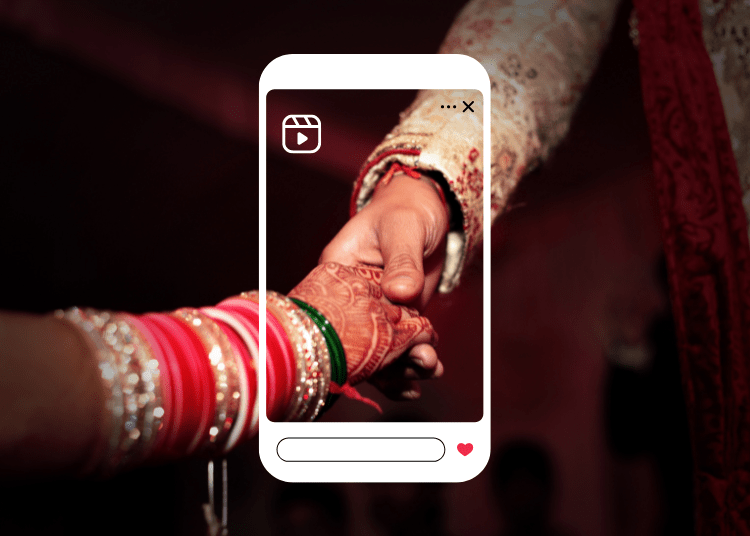Have you heard of cyber insurance policies? As the work from home (WFH) culture grows rapidly because of the coronavirus pandemic, it is important for you to take a look at what information gets revealed in the open and how it can be at risk of being misused by scammers.
Internet-based attacks like cyber threats, cyber extortion, malware attacks and losses, cyber phishing and more can happen to anyone of us. There has been a rise in cyber crimes every since the pandemic left all of us to work from home and spend hours on the internet trying to kill time. Sharing credentials, passwords, downloading applications et. al., can significantly bring your privacy at risk.

What is Cyber Insurance?
Companies in India have gradually started incorporating cyber insurance norms to protect the company as well as its employees’ information from being misused. Since it is an upcoming risk, not too many firewalls are built to protect your privacy. The emergence factor brings it to potential risk of being under the purview of cybercrime, but also has its perks since its relatively new and methods can be explored and adopted to prevent any thefts.
Even though it poses as a challenge for various organisations, more and more agencies are trying to bridge the gap to find suitable solutions to overcome it as the WFH culture is supposed to be the ideal working model in the years to come.
How Can You Prevent Yourself From Cyber Crime?
According to the World Health Organisation (WHO), most work is being done online and transactions are also taking place via credit/debit cards and online banking to prevent any risk of spreading the coronavirus through communication. In order to not become prey to cyberattacks, always keep in mind the following guidelines,
- Trusted sources will never ask for your username, password, account numbers, ATM pins or CVVs/CVCs to continue a transaction
- They will never send you email attachments consisting of payment links if you haven’t asked for it
- They will never ask for an advance payment for any job application, registration or hotel reservation
- If anyone from WHO contacts you for any donations apart from the COVID-19 Solidarity Response Fund, please consider them as fraudulent.
Secure your finances during this critical time and stay safe!
















